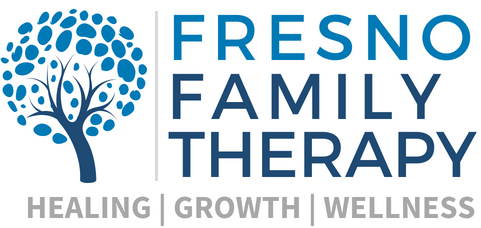During my time as a therapist people often use the phrase “I know it’s just a trauma response.” Without knowing what a trauma response is. Trauma is different for everyone. What is traumatic for you may not be traumatic for your best friend, significant other, even family. So, it is important to understand how we respond to trauma. There are 4 different types of trauma responses Fight, Flight, Freeze and Fawn.
Fight
The Fight response kicks in when we know we need to survive an example would be when we are being bullied in middle school until one day we stand up to the bully and become the bully ourselves, at first this can make us feel in control it can help us fight against the bully. We begin to bully anyone we feel will hurt us. However, it is not until later in life we realize this trauma response has kept us from growing healthy relationships with others. One healthy way to use this trauma response would be to set healthy boundaries with others early on. An unhealthy example of this response could look like becoming a workaholic or aiming for perfectionism.
Flight
The Flight response kicks in when we are trying to avoid something, this could look like avoiding responsibilities, avoiding our own feelings, as well as but not limited to avoiding conversations with others. A healthy way to use this response would be taking time outs for 10-15 minutes from a harder event such as a heated conversation or sharing our feelings. An unhealthy response could look like seeking other ways to avoid responsibilities this could include seeking comfort in alcohol or drugs or other addictive behaviors.
Freeze
The Freeze response this particular response kicks in when we begin to numb our feelings and our own needs. This could look like and feel like fear, meaning we cannot move we are stuck, there is no moving forwards or backwards (picture the deer in the headlights look/feeling). This can happen during an argument or hearing loud noises and much more. A healthy way to use this response would be to use mindfulness skills to aid you with staying present in this moment, another tip would be to practice breathing and being intentional with every breath. An unhealthy way this response can often look like would be isolating ourselves, detaching from others or other stimuli and doing whatever we can to pass the time this could look like sitting on the couch watching every episode of one season of a show in one sitting.
Fawn
The Fawn response this response looks like people pleasing and putting your own needs aside. This can lead to staying in unhealthy relationships often abusive. Someone who has this trauma response often feel it is their responsibility to stay in that relationship to help the other person to “fix” them. Those with this trauma response have little to no boundaries which others see as beneficial to them. The person with this response will begin to feel resentful of the others around them and will begin to feel as though they invested all their time and energy into another person but never took the time to do so for themselves. They may also begin to feel empty and unsure of who they are. A healthy way to use this response would be to have compassion for others, taking the time to provide active listening to others but knowing their own window of tolerance. An unhealthy response would be continuing to give and please others but never getting anything in return.
The takeaway, not all trauma responses are a “negative” some are maladaptive and do not need to be changed as they can be apart of who we are an example would be that perhaps we like helping others out of the kindness of our hearts, and this may take up a lot of time. However sometimes we do these things because it is what we have learned it has become our “normal.” Sometimes things can be unlearned and that is where we begin to gain insight.


